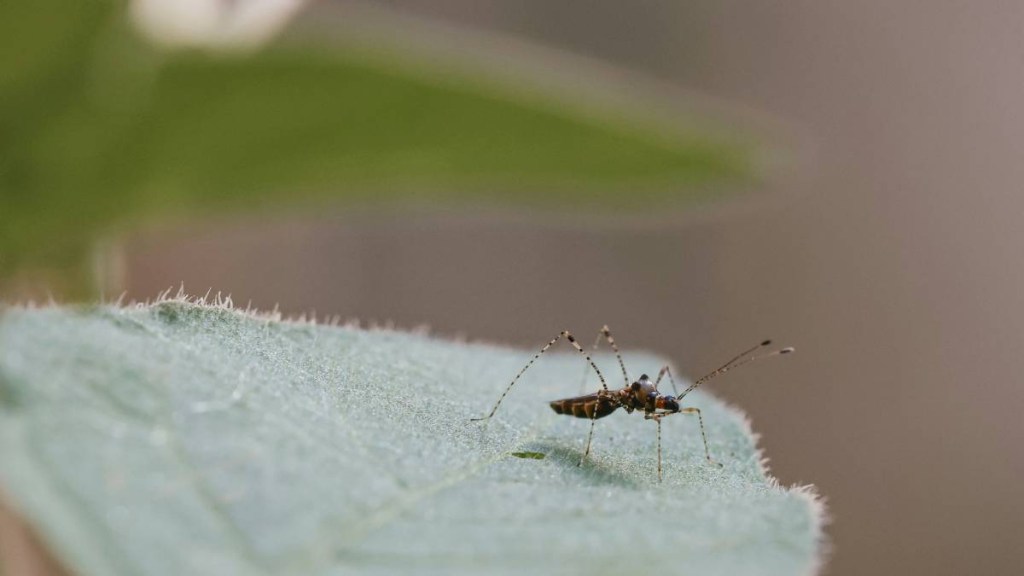Researchers at the National University of Singapore (NUS) have discovered a protein in Aedes aegypti mosquitoes that could play a crucial role in preventing and controlling dengue virus infections. As the world still struggles to find an absolute solution for dengue, this latest report lights on the possibility of relief soon.
Dengue fever, caused by the flavivirus genus, is transmitted to humans through the bites of infected female Aedes aegypti mosquitoes. With over 5 million reported cases globally in 2023, there is currently no specific treatment for dengue fever, and the existing Dengvaxia vaccine is limited to children who have previously been infected and live in dengue-prone areas.
The NUS team focused on understanding a pupal cuticle protein found in the exoskeleton of Aedes aegypti mosquitoes, which could potentially be targeted to develop innovative methods for controlling dengue virus infections. Published in Protein Science, their findings suggest that this cuticle protein might serve as a promising target for developing inhibitors or antibodies to control dengue virus infections.
Professor J Sivaraman from NUS emphasized that these insights contribute to understanding the molecular dynamics of mosquito-virus interactions, opening avenues for novel antiviral strategies.
The cuticle proteins in Aedes aegypti mosquitoes have previously been identified as playing a role in blocking infections by other mosquito-borne viruses like Zika and West Nile. To explore the cuticle protein’s role in inhibiting dengue virus infection, the NUS scientists used Nuclear Magnetic Resonance (NMR) spectroscopy.
They found that the protein has a disordered structure, and further examination of its interactions with the dengue virus led the team to believe that it blocks dengue virus infection.
The next steps for the researchers involve identifying how pupal cuticle proteins prevent dengue virus infection in both mosquitoes and mammals. Additionally, they aim to explore the potential of pupal cuticle proteins as a new antiviral strategy, not only against dengue virus but also other flaviviruses like West Nile virus and yellow fever virus. This research presents a promising avenue for developing targeted interventions against mosquito-borne diseases with global health implications.








